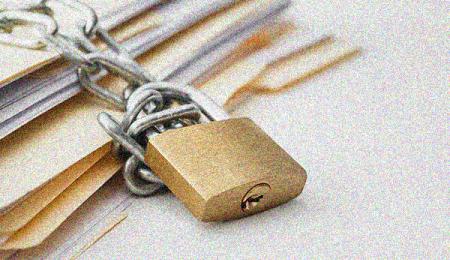Insights
Protecting Your Online Privacy

SIMPLE SAFEGUARDS CAN PROTECT YOU AND YOUR BUSINESS FROM BEING HACKED
With so much news last year regarding email servers and emails, protecting your online privacy should be on the top of your to do list.
Every day people go online to find the resources they need to manage their businesses. From email and website solutions to more complex services such as accounting and online meeting software. With its convenience and wealth of services it’s not surprising that more and more of us are becoming dependent on the Internet for our business and entertainment needs. Unfortunately this has made us vulnerable to the thieves, scam artists and hackers who have also turned to the Internet for new avenues of revenue and entertainment.
The past year saw some sobering stories about online security breaches. In a world where countless email and Facebook accounts are hacked daily, we were still shocked by the theft of a database containing millions of user logins and passwords on the Yahoo servers, not to mention the emails that were hacked during last year's election. The important take away from these stories is that as the web continues to evolve, so do the tactics of those who use it to do us harm.
Barbarians at the Digital Gates
Web service providers are doing their best to combat these threats by adding in new levels of security to repel cyber attacks and fixing software vulnerabilities before they can be exploited. However, despite everything that web service providers put in place, one of the biggest risk factors to our own online security continues to be us, the users. The habits many of us develop when juggling multiple online accounts can give hackers exactly what they need to gain access to our most sensitive information.
When it comes to our online identity most of us think of our Facebook and Twitter accounts. We forget that it’s also email, online banking, gaming websites, forums, streaming music and other online services. Most of us connect the same email address to each of these services and use the same password for all of them as well. Statistically speaking approximately 20% of all passwords are made of 10 rather easy to guess password combinations and around 61% of people use the same password across multiple websites. What this means is that if a hacker discovers just one of your username and passwords, chances are that you use them consistently throughout most if not all of your password protected accounts.
Two Simple Steps for Staying Safe
Securing yourself online is easier than you might think.
- The first step to online security is to hide your personal information, make your personal social media profiles private to the public and limit the personal information you share about yourself on social media sites.
- The second step is to use different, secure passwords for all of your accounts; that way if one account becomes compromised your other accounts remain secure. This is the step that most people skip due to the difficulty of remembering complicated passwords for every account you have. Luckily there are tools to help. Software such as Dashlane, 1Password and LastPass are apps that store your passwords, allowing you to access all your critical login information while only having to remember the password for the app itself.
Now that you have an easy way to remember your passwords here are some tips on making them difficult to hack.
- To create a secure password you should always use more than 8 characters (I would personally recommend 12 or more) and use at least 1 capital letter, 1 number and 1 symbol (! @ # $ % ^ & *) if your account allows it.
- A secure password should never contain the words “Password”, “God”, “Love”, your name, nick names, your child’s/spouse’s/pet’s/friends name, your email address, your social security number, your/child’s/spouse’s birthday, where you work/live or historical information about you/work. Instead try to use words that are not in the dictionary, uncommon names of objects or misspelled words.
- After you create a secure password you can test it to see how long it might take a hacker to crack it here.
The internet can be a dangerous place but these simple steps will make you less of a target by reducing the amount of information available to hackers trying to compromise your accounts.
